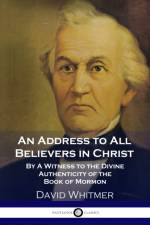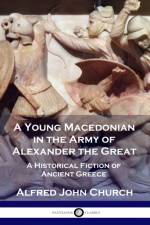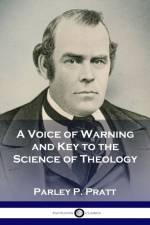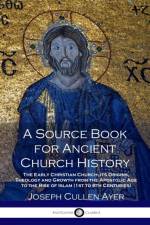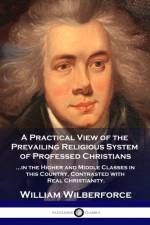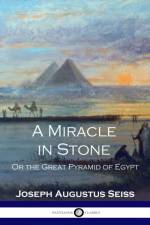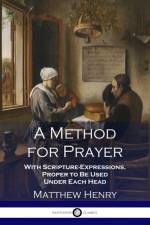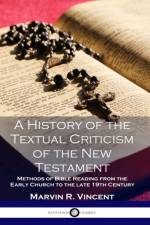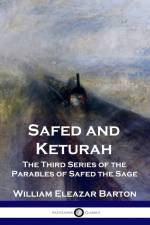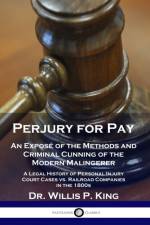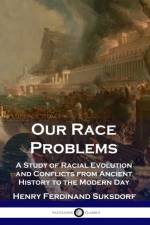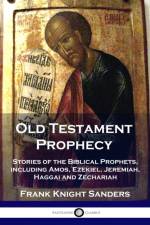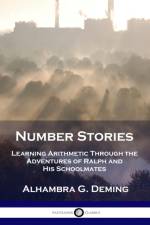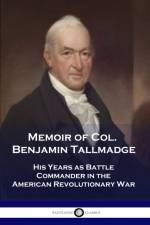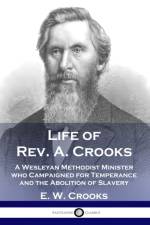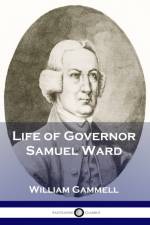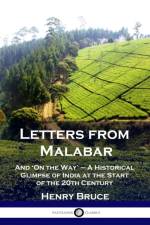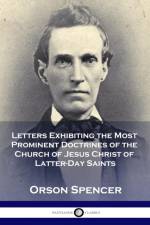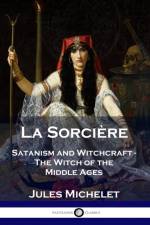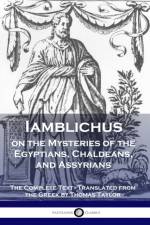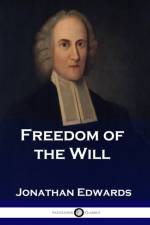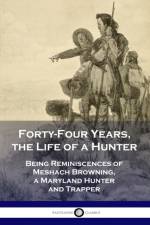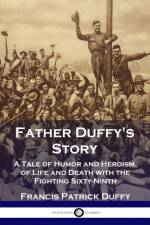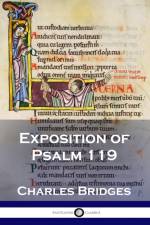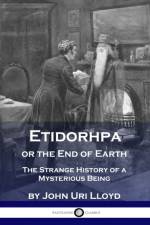- The Early Christian Church, its Origins, Theology and Growth from the Apostolic Age to the Rise of Islam (1st to 8th Centuries)
av Joseph Cullen Ayer
277
This thorough, well-sourced history of the early Christian church follows its origins in the Apostolic Age, through its growth during and after the collapse of the Roman Empire.The author treats the death of Christ as the starting point for his examination of Christianity's initial rise to prominence via the work of the apostles. Originally commanding only a small following in what is today Israel and its immediate surroundings, the movement grew rapidly despite being banned as heresy by the Roman authorities. Through disparate and spread over a wide area, early Christians were organized; the teachings of Jesus were spread by devoted, literate believers who commonly held copies of the New Testament and other lore.Great milestones in the history of Christianity, such as the Emperor Constantine's adoption of the faith, as well as the conflicts between different groups of believers, are examined. The emergence of the Catholic church, and the formal papal office of the Bishop of Rome, is detailed. How Christians lived in the centuries after the collapse of Roman rule, and the ensuent disorder, is hereafter told. Finally, we hear about how the now-organized and hierarchical church changed with the approach of the Middle Ages and the rise of a new religion: Islam.Joseph Cullen Ayer was a Biblical scholar and minister in the late 19th and early 20th centuries. His extensive life experience in teaching Christianity, and his formal study of the ancient histories and texts, lent much authority to the few, high quality works he published in his lifetime.

